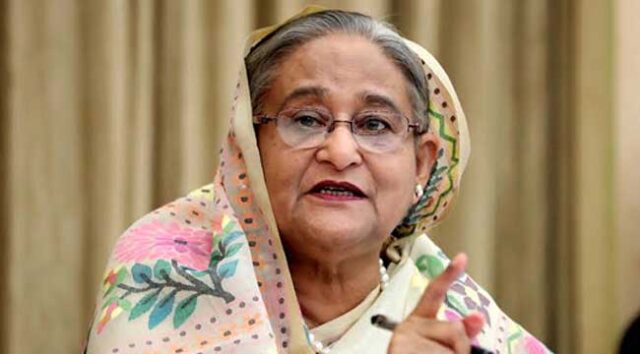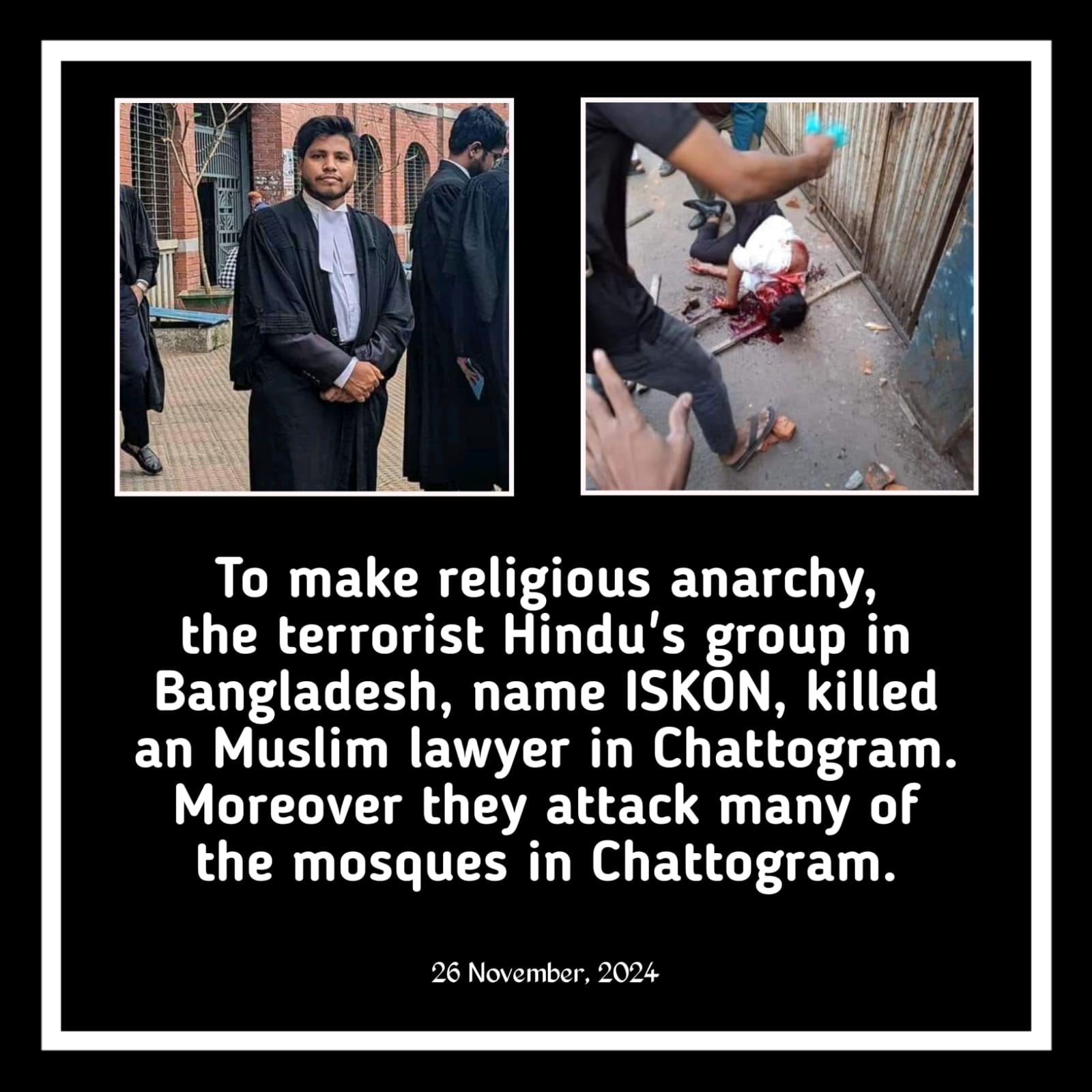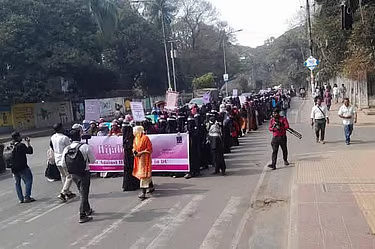A murder case has been filed against former Prime Minister Sheikh Hasina and six others. The petition was submitted on Tuesday, August 13, by SM Amir Hamza Shatil, a businessman from Dhaka, to the Chief Metropolitan Magistrate’s Court in the capital. The hearing for the case will take place in the court of Metropolitan Magistrate Rajesh Chowdhury.
The accused in the case include former Minister of Transport and Bridges Obaidul Quader, former Home Minister Asaduzzaman Khan Kamal, former Inspector General of Police Abdullah Al Mamun, DMP Commissioner Habibur Rahman, Additional Inspector General Harun-or-Rashid, and Additional Joint Police Commissioner Biplob Kumar Sarker.
Additionally, unnamed police officers or members and senior officials of the previous government have also been included as suspects in the case. This is the first time a case has been filed against Sheikh Hasina since her resignation from the position of Prime Minister on August 5.
The petition alleges that during the recent quota reform protests, which saw thousands of students and public members marching peacefully, there was indiscriminate firing by police in various parts of the country, resulting in numerous deaths and injuries. Specifically, on July 19, during a peaceful protest in the 40 Feet area of Basila, Mohammadpur, police fired indiscriminately, killing local shopkeeper Abu Sayed with a gunshot to the head as he was crossing the street.
The complaint further accuses Sheikh Hasina of repeatedly instructing a harsh crackdown on the quota reform movement. It alleges that under the directives of Obaidul Quader and Asaduzzaman Khan Kamal, the IGP and senior police officials ordered subordinate officers to fire at the protesters. The petition claims that the accused conspired together to commit these murders, thus necessitating legal proceedings.
Sayed was buried in his village home in the new settlement of Boda Upazila, Panchagarh. His family—mother, wife, and child—remain there, which prevented them from coming to Dhaka to file the case. Therefore, the petitioner, driven by a sense of justice, filed the case to uphold the rule of law.









